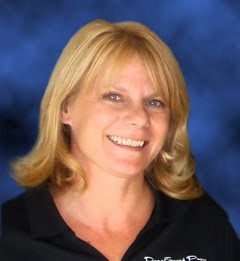The first was about dialogue. Don't let your characters say the words they're feeling. Make them dance around it. Let their feelings show instead of having them tell. Genius! More of that show don't tell. (It does seem to crop up everywhere in writing doesn't it?) Not only that, but it allows more room for conflict from misunderstandings.
The second was about pacing. Make each scene count. Critical in a screenplay, but also in a novel. So many times, we writers have a scene in our mind and write it out, yet it really doesn't move the story forward much. But we love the scene; it may have even been the inspiration for the entire book. Stephen King's, "Kill your darlings," comes to mind.
Also I found a great link to setting MSWord up for screenplay format here:
http://www.awn.com/blogs/screenwriting-jeffrey-scott/how-turn-microsoft-word-terrific-screenwriting-program. Jeff's instructions were clear and easy to follow.
That's all for now. I'll keep learning and writing. Wish me luck in writing a great movie for The Minstrel's Tale.

